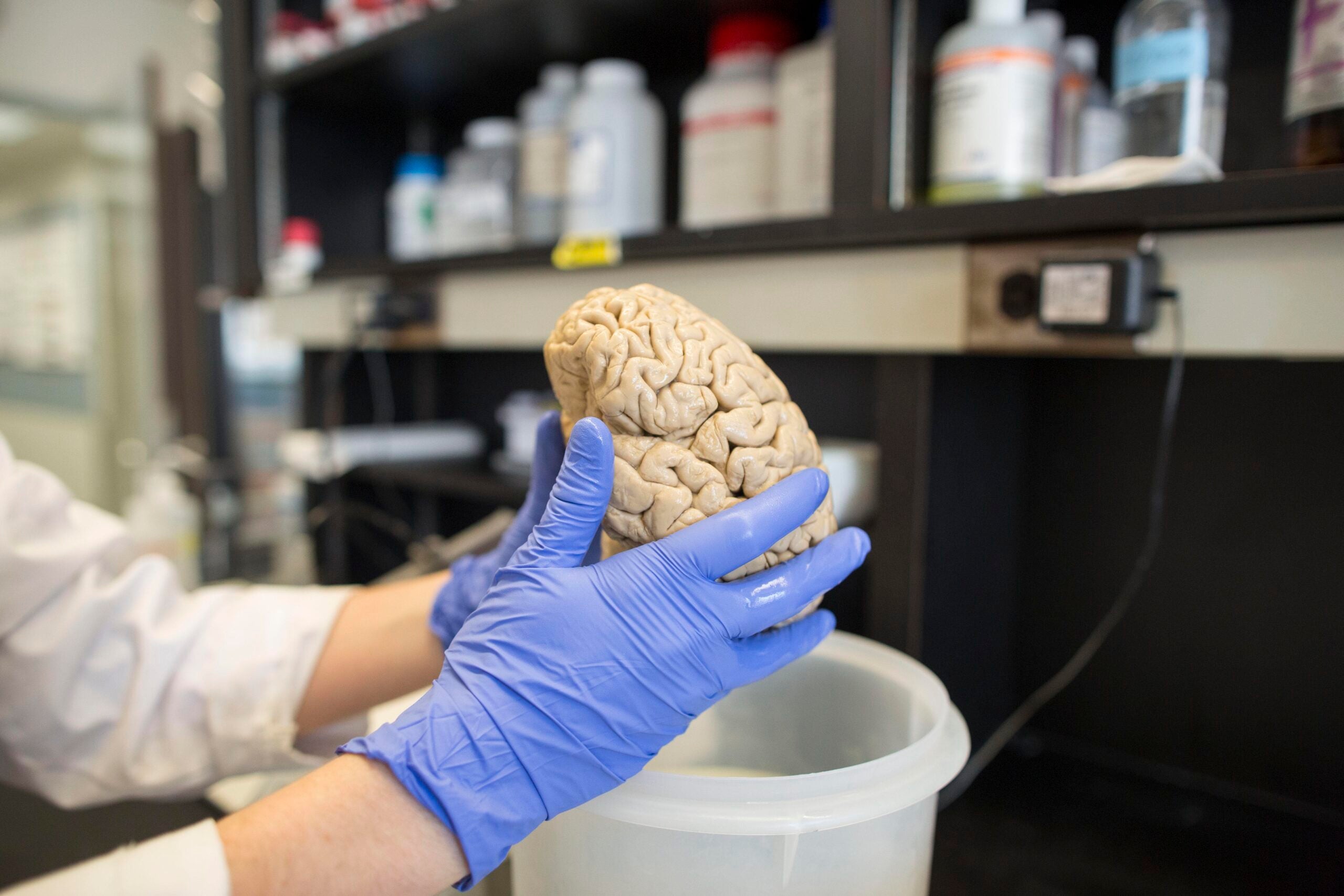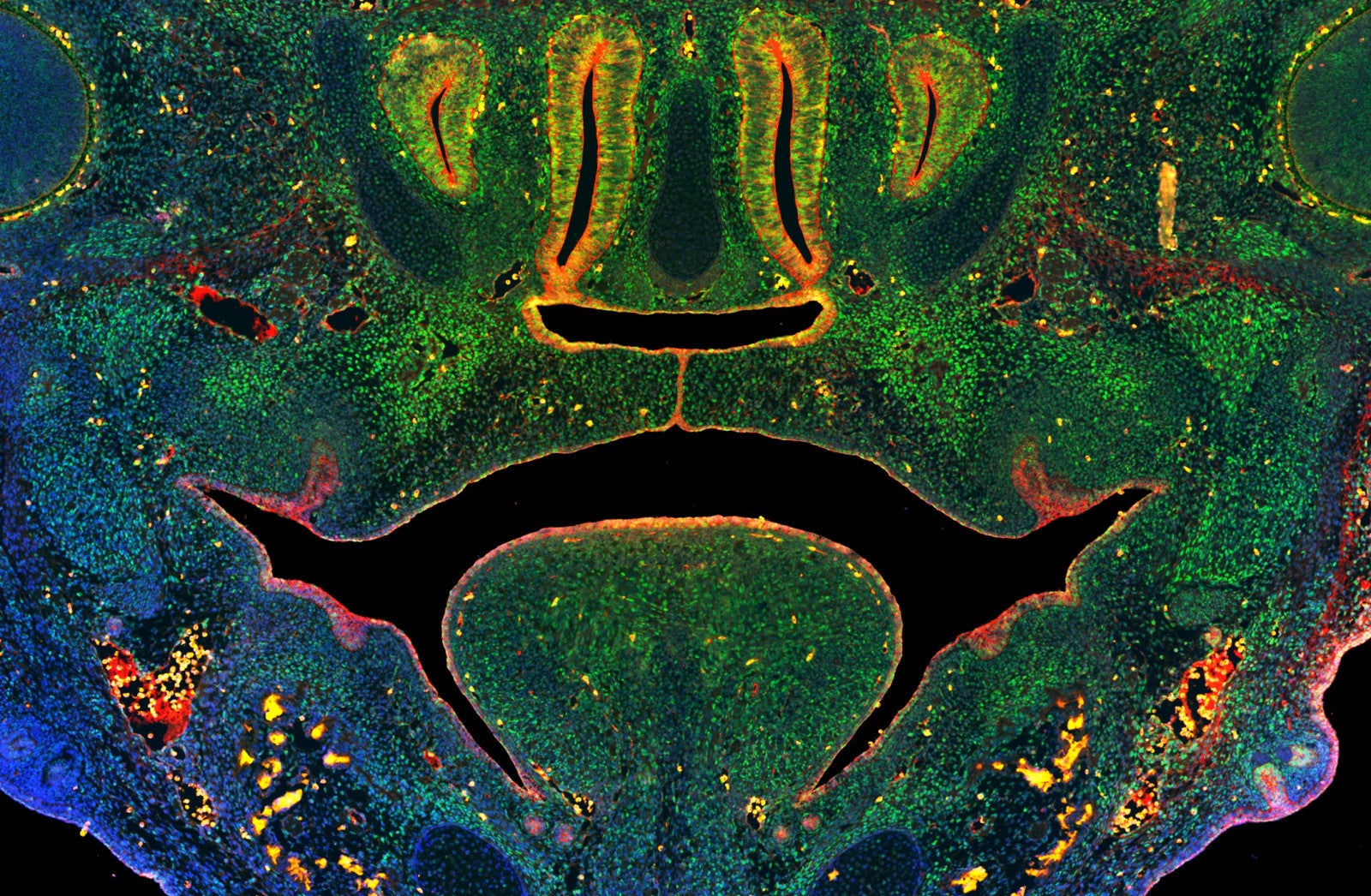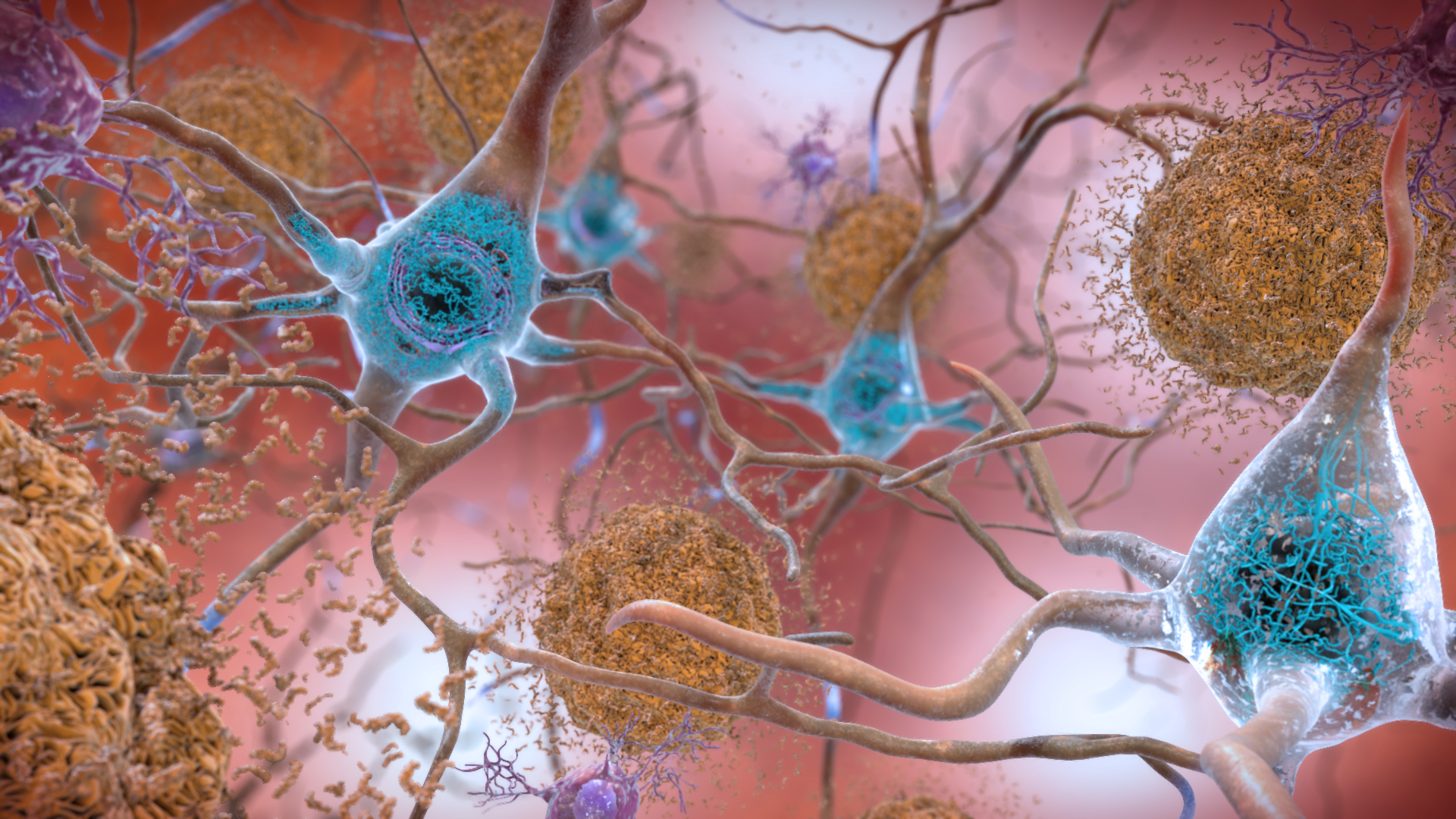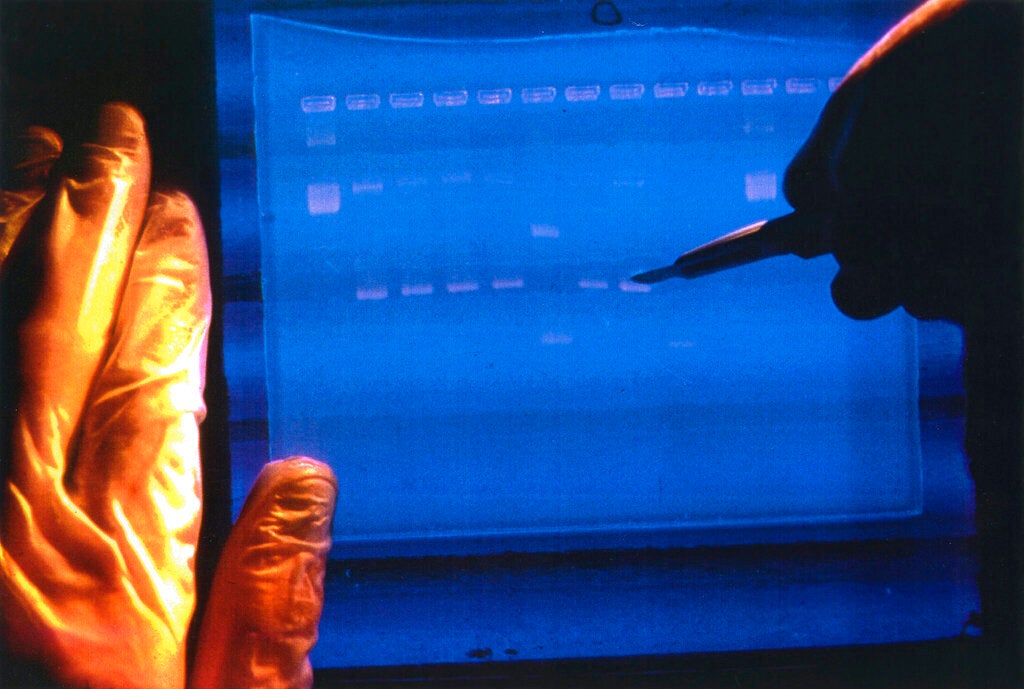The cause of autism remains largely unclear, but some scientists hypothesize the condition could be caused by the irregular production of neurons.
If one thinks of the human brain as the body’s command center, neurons are the cells that operate that command center by sending messages to make the body work. New neurons are slowly but constantly generating in the hippocampus, the area of the brain that is important for learning and memory.
New research from University of Wisconsin-Madison scientists identifies the genetic activity within developing neurons and suggests problems neurons face as they mature might be associated with autism.
Stay informed on the latest news
Sign up for WPR’s email newsletter.
Xinyu Zhao, a UW researcher, and her team studied individual new neurons in the brain’s hippocampus as they changed from immature to mature neurons. They identified four different phases of development for neurons, which they labeled with colors: green, blue, violet and red.
Cells in the green phase are at the beginning of the maturation process while cells in the red phase have neared maturation. Her team found that the genes with higher expression in the red maturing phase show significant overlap with genes associated with autism.
“It’s not possible even five years ago to do this kind of analysis. Recently, the development in genetic tools in neuroscience allows us to actually isolate a single neuron and look at its gene expression,” Zhao said. “Wisconsin is a great place for science.”
In additon to autism, Zhao’s research found that genes associated in the stem cell life stage of neurons are highly represented in neurodegenerative diseases like Alzheimer’s and Parkinsons disease.
“Limited studies have shown that people with Alzheimer’s or Parkinsons that the neuron maturation is actually impaired. (The neurons) do not mature very well,” she said.
Despite the connections, Zhao said its too early to jump to conclusions.
“It points to the next step of what we should do to investigate the function of these genes and how they regulate the maturation process and how they involve disease,” she said.
The research has been published in the journal Cerebral Cortex.
Editors note: This article was edited by researcher Xinyu Zhao and Teresa Palumbo of the Waisman Center.
Wisconsin Public Radio, © Copyright 2024, Board of Regents of the University of Wisconsin System and Wisconsin Educational Communications Board.





